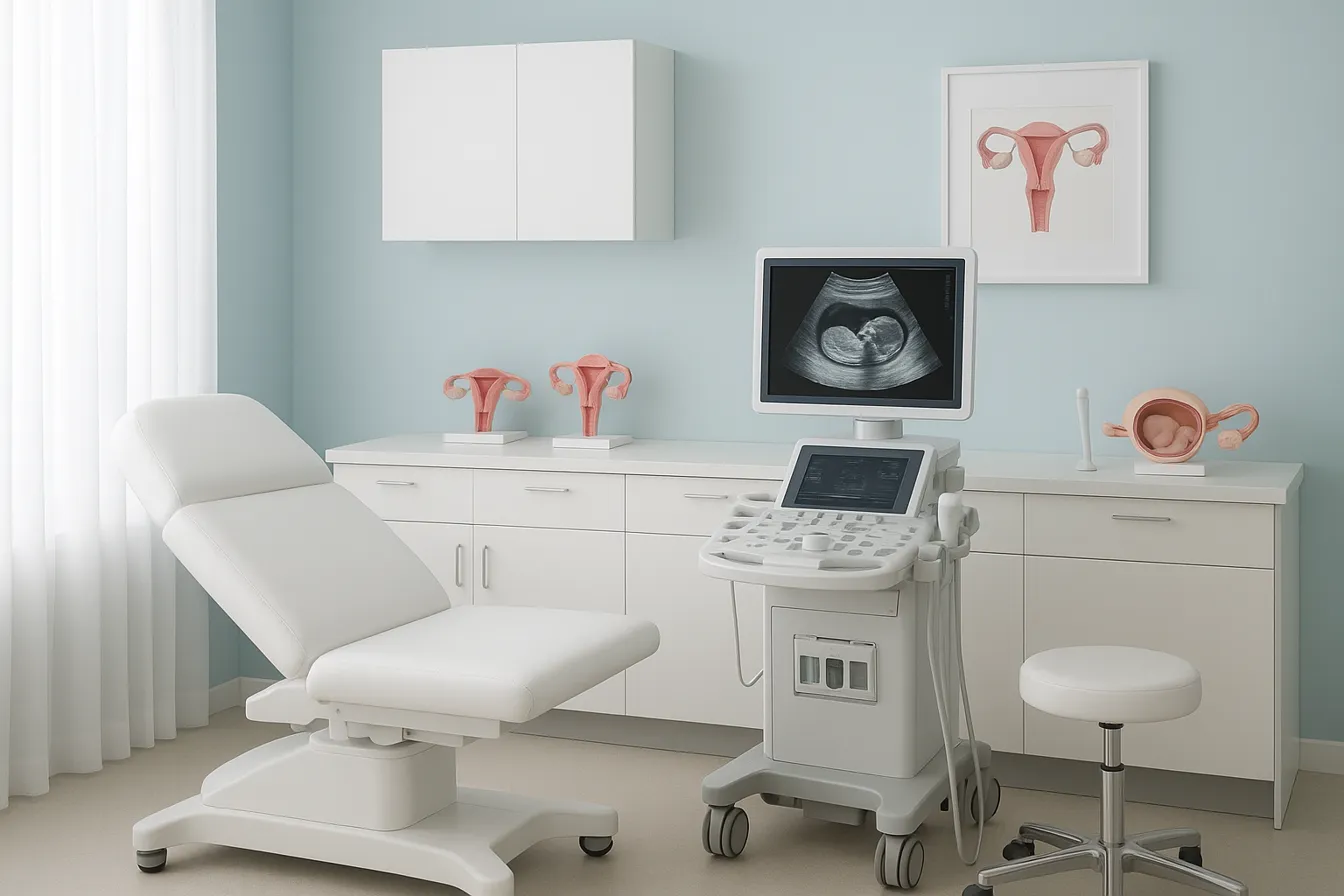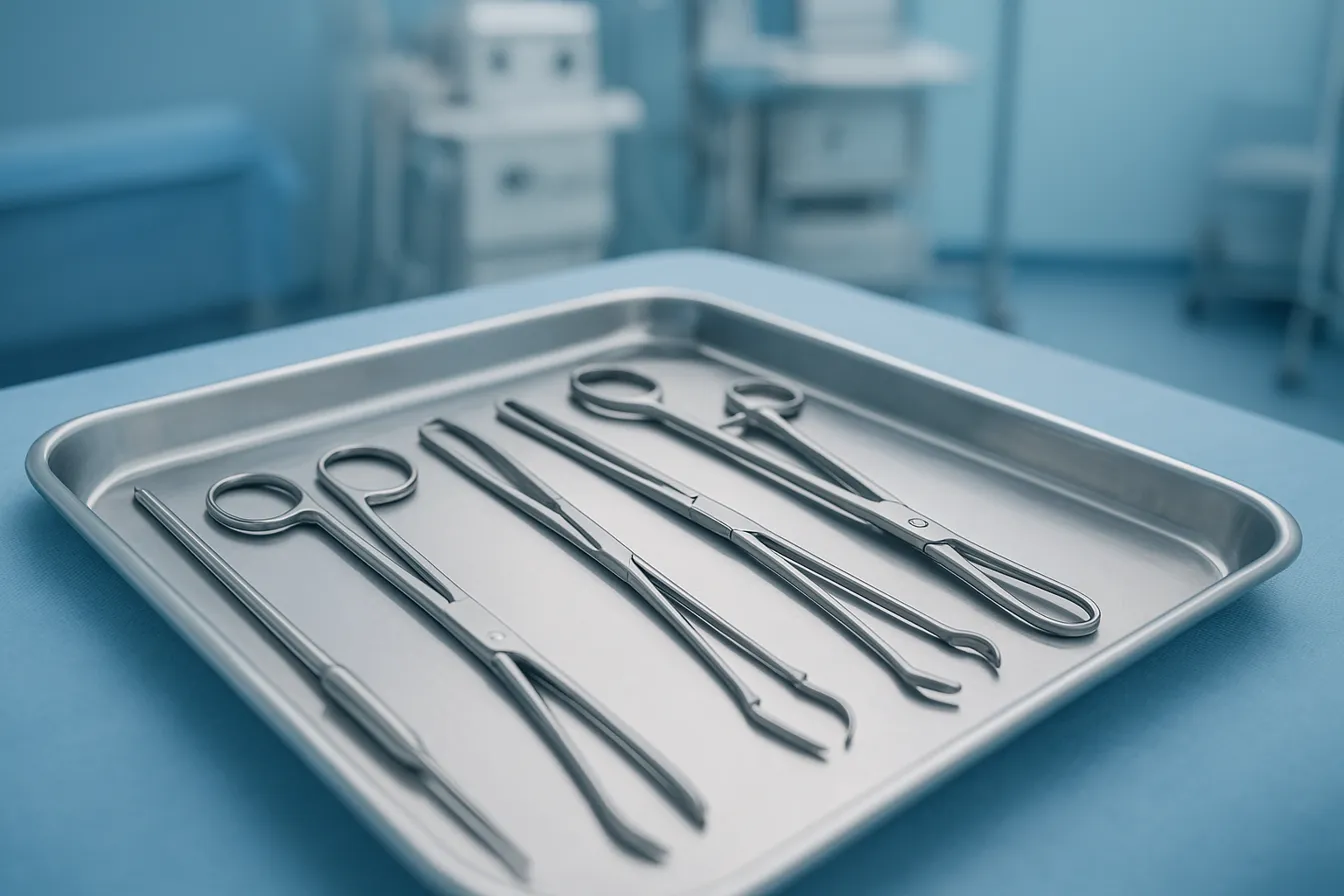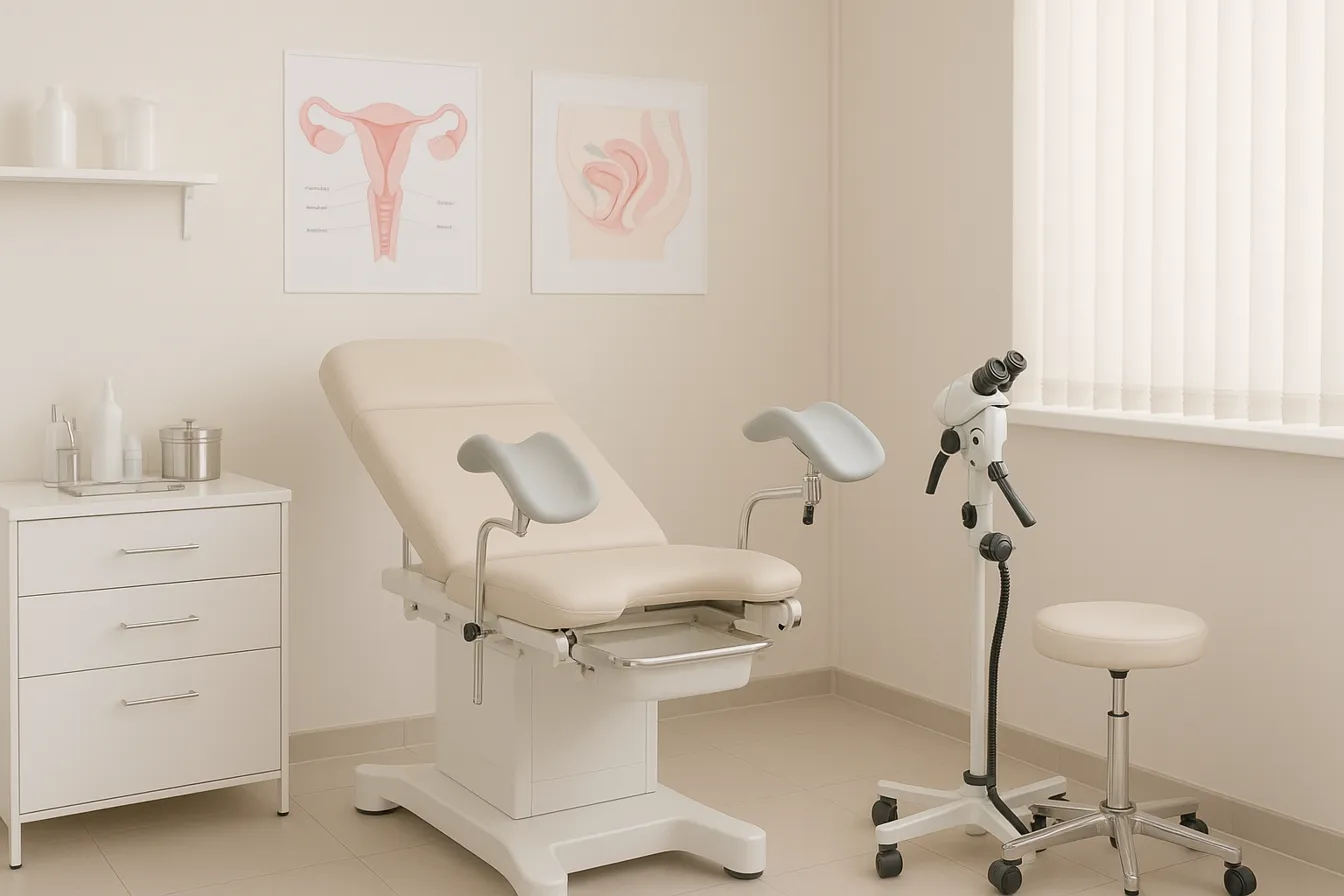Comprehensive Guide to Understanding and Managing Infertility

There’s no one-size-fits-all solution to birth control. If you’re looking to protect yourself from unwanted pregnancies, our Raveco Medical team can help you make the most informed decision about your choice of contraception.
Our experienced OB/GYNs provide a range of birth control options for adult women and adolescent girls. We also offer educational resources, so you understand how each birth control option works. Here, we break down some of the most popular forms of birth control and the pros and cons of each.
An overview of birth control types
Several types of birth control are available on the market, so women can plan for the family they want and reduce their risk of pregnancy after unprotected sex. Two main categories of women’s birth control include:
Hormonal birth control
Hormonal birth control uses estrogen or progestin hormones to prevent ovulation, so your ovaries won’t release eggs for fertilization. There are many types of hormonal birth control available, including:
- Pills
- Patches
- Implants
- Injections
- Vaginal rings
Hormones are also used in an intrauterine device (IUD), a t-shaped device that fits inside the uterus.
Nonhormonal birth control
Nonhormonal birth control protects against pregnancy by preventing sperm from meeting eggs. Nonhormonal birth control options include barrier methods like condoms, diaphragms, sponges, and cervical caps.
There are also nonhormonal IUDs that use copper, a material that’s toxic to sperm, to prevent conception.
Pros and cons of five popular birth control methods
The individual birth control needs of each woman vary greatly, so what works for one woman may not work for another. Here’s an overview of the pros and cons of five different birth control methods to consider when choosing the best contraception for you:
- Birth control pills
Pros: Birth control pills are 93% effective for pregnancy protection when you take the pills as directed. Hormonal pills can ease painful menstrual cramps and also reduce your risk for certain reproductive cancers and conditions like pelvic inflammatory disease (PID).
Cons: Birth control pills offer no protection against sexually transmitted diseases (STDs). You also need to remember to take a pill at the same time every day.
2. IUDs
Pros: IUDs are 99% effective against unintended pregnancies. Once placed inside your uterus, there’s nothing else you need to do, and you won’t need to disrupt intimate moments to protect yourself from pregnancy. IUDs can provide reliable protection for 7-10 years, depending on the type you have.
Another pro of this type of birth control is that you can opt for the copper IUD if you’re not able to tolerate hormones.
Cons: IUDs won’t protect against STDs. This birth control method also requires a procedure to place the device inside your uterus. While the risk is low, women using an IUD can develop an infection or experience complications if the IUD falls out of its position.
3. Depo-Provera® injections
Pros: Depo-Provera injections are 96% effective against unexpected pregnancy. Injections also provide protection for three months at a time, making it a convenient choice for some women.
Cons: Depo-Provera requires follow-up visits to our office every three months. Injections also can’t protect against STDs.
4. Patches
Pros: Birth control patches are 91% effective in pregnancy prevention. The hormonal patches can also reduce menstrual side effects like cramps and acne. Your periods may also be lighter when using the patch.
Cons: A birth control patch doesn’t protect against STDs. You need to remember to change your patch weekly.
5. Implants
Pros: Birth control implants offer a 99% success rate for pregnancy protection when used correctly. Implants also offer long-term protection for up to three years but can be removed if you decide to conceive. Some women may also experience lighter periods or no menstrual cycle when using birth control implants.
Cons: Birth control implants won’t protect against STDs. Implants also require surgery to place and remove the device from just beneath the surface of your skin and there’s a risk of infection due to surgery.
Call the Raveco Medical office in Woodside or Forest Hills, New York, to find out which birth control is a good fit for you, or schedule a consultation online today.





.png)